The Importance of Calorie Intake
Calorie intake plays a crucial role in weight gain. In order to gain weight, you need to consume more calories than your body burns through daily activities and metabolic processes.
Determining Calorie Requirements
Determining your calorie requirements for weight gain involves assessing your basal metabolic rate (BMR) and accounting for your activity level. Various online calculators and formulas can help you determine an estimated calorie range that aligns with your goals.
If you want to gain weight, it's important to determine the appropriate number of calories to consume daily. Consuming excess calories can lead to unwanted fat gain, while consuming too few can impede your weight gain progress.
The number of calories needed for weight gain varies depending on various factors such as age, sex, weight, height, and activity level. Here are some general guidelines to determine your calorie requirements:
- Calculate your Basal Metabolic Rate (BMR): This is the number of calories your body needs at rest to maintain basic bodily functions. There are several online calculators available that can help you determine your BMR.
- Add calories for activity level: Consider your activity level throughout the day. If you have a sedentary lifestyle, you will need fewer calories compared to someone with a highly active lifestyle.
- Set a calorie surplus: To gain weight, you need to consume more calories than your body burns. Aim for a calorie surplus of 250-500 calories per day to gradually gain weight without excessive fat gain.
It's important to note that the calorie requirements for weight gain should be determined in consultation with a healthcare professional or a registered dietitian. They can provide personalized recommendations based on your specific needs and goals.
Remember, gaining weight in a healthy manner involves a balanced diet with adequate nutrition and regular exercise. Avoid relying on high-calorie junk food to meet your calorie goals, as this can lead to poor health outcomes.
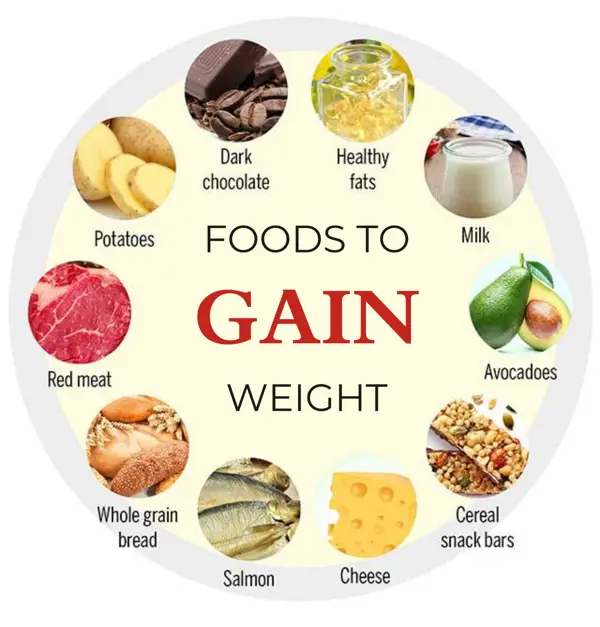
The Optimal Calorie Range for Weight Gain
The optimal calorie range for weight gain depends on individual factors such as metabolism, body composition, and goals. Generally, a surplus of 250-500 calories per day above your maintenance needs is recommended for steady and sustainable weight gain.
Weight gain can be achieved by consuming a higher number of calories than your body burns on a daily basis. The optimal calorie range for weight gain depends on various factors, including your current weight, height, activity level, and metabolism.
To determine the ideal calorie intake for weight gain, you can calculate your Total Daily Energy Expenditure (TDEE) first. TDEE represents the total number of calories you burn throughout the day, including physical activities and basic bodily functions.
Once you have your TDEE, you can add a surplus of calories to it. The general guideline is to consume an additional 250-500 calories per day for a slow and steady weight gain. This calorie surplus ensures that you are providing your body with enough energy to build muscle and promote overall weight gain.
It is important to remember that weight gain should be approached in a healthy manner. Consuming excessive calories can lead to unwanted fat gain and other health complications. Consulting with a healthcare professional or a registered dietitian is advisable to determine the specific calorie range that suits your body and goals.
By monitoring your weight regularly and making adjustments to your calorie intake based on your progress, you can fine-tune the optimal calorie range for weight gain that works best for you. Additionally, combining proper nutrition with regular exercise can help maximize muscle growth and overall health.
Remember to listen to your body, set realistic goals, and make sustainable changes to your diet and lifestyle to achieve a healthy weight gain.
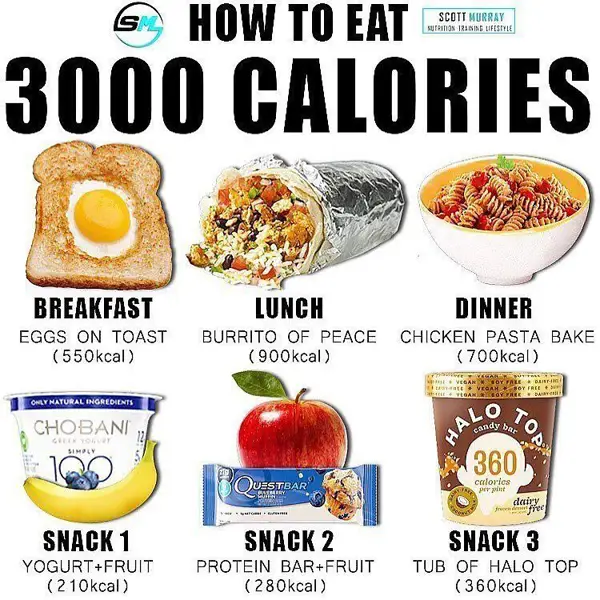
Nutrient-Dense Calorie Sources
Focusing on nutrient-dense calorie sources ensures that you gain weight in a healthy way. Incorporate foods rich in protein, complex carbohydrates, healthy fats, and essential vitamins and minerals. Examples include lean meats, whole grains, nuts, seeds, fruits, and vegetables.
In order to gain weight in a healthy way, it is important to focus on consuming nutrient-dense calorie sources. These types of foods provide a higher amount of calories without compromising on essential nutrients.
How many calories are good for weight gain?
The number of calories required for weight gain varies depending on various factors such as age, gender, current weight, and activity level. Generally, to gain weight, individuals need to consume more calories than they burn.
It is recommended to gradually increase calorie intake by around 500-1000 calories per day to gain weight at a healthy pace. However, it's essential to focus on consuming nutrient-dense foods rather than just empty calories from unhealthy sources.
Nutrient-Dense Calorie Sources
Here are some examples of nutrient-dense calorie sources:
- Nuts and nut butter (e.g., almonds, peanuts, almond butter, peanut butter)
- Avocado
- Olive oil
- Dried fruits (e.g., raisins, dates)
- Whole grains (e.g., quinoa, brown rice, whole wheat bread)
- Lean meats (e.g., chicken breast, turkey breast)
- Fatty fish (e.g., salmon, tuna)
- Dairy products (e.g., milk, cheese, yogurt)
- Legumes (e.g., lentils, chickpeas, black beans)
- Healthy snacks (e.g., granola bars, protein bars)
It is important to include a variety of these nutrient-dense foods in your diet to ensure you get a good balance of essential nutrients, such as proteins, healthy fats, carbohydrates, vitamins, and minerals.
Remember, consulting with a registered dietitian or nutritionist can help personalize your calorie intake and create a suitable meal plan based on your specific needs and goals.

Optimizing Meal Frequency and Size
Optimizing meal frequency and size is crucial for weight gain. Consuming 4-6 smaller, well-balanced meals throughout the day ensures a steady supply of nutrients and calories to support muscle growth and prevent excessive fat gain.
When it comes to weight gain, it's essential to pay attention to both meal frequency and size to achieve optimal results. Consuming enough calories is key to gaining weight effectively.
The number of calories needed for weight gain varies depending on several factors such as age, sex, metabolism, and physical activity level. However, on average, consuming an additional 500 to 1,000 calories per day can lead to a healthy weight gain of about 0.5 to 1 pound per week.
Now, let's delve into optimizing meal frequency and size for weight gain:
1. Increase Calorie Intake
To meet your weight gain goals, it is essential to consume more calories than your body burns. This means increasing your daily calorie intake. Calculate your daily calorie needs and add an extra 500 to 1,000 calories to that total.
2. Spread Out Meals
Instead of having three large meals, consider dividing your daily calorie intake into several smaller meals throughout the day. This helps ensure a constant supply of nutrients and calories to support weight gain.
3. Snack Smartly
Incorporate healthy snacks in between meals to boost your calorie intake. Opt for nutrient-dense snacks such as nuts, seeds, yogurt, fruits, or protein bars.
4. Protein is Crucial
Make sure to include ample protein in your meals as it supports muscle growth. Good sources of protein include lean meats, poultry, fish, eggs, dairy products, legumes, and plant-based proteins.
5. Healthy Fats Matter
Increase your intake of healthy fats as they are more calorie-dense. Avocado, olive oil, nuts, and seeds are great sources of healthy fats that can be added to your meals.
6. Don't Forget Carbohydrates
Carbohydrates are a vital energy source, so include them in your meals. Opt for complex carbohydrates such as whole grains, brown rice, sweet potatoes, and whole wheat pasta.
Remember to consult with a healthcare professional or registered dietitian before making significant changes to your diet. They can help tailor a plan specific to your needs and monitor your progress.
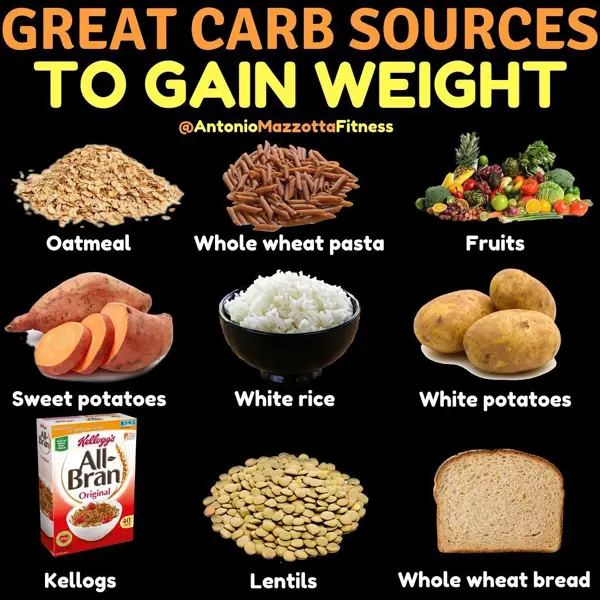
Exercise to Support Weight Gain
Incorporating strength training exercises into your routine can support weight gain by promoting muscle growth. Resistance training exercises with compound movements and progressive overload stimulate muscle hypertrophy and improve overall body composition.
In order to effectively gain weight, it's important to not only focus on your calorie intake but also incorporate regular exercise into your routine. Exercise helps to build muscle mass, which is essential for healthy weight gain. Below are some important considerations regarding the number of calories that are ideal for weight gain:
- Caloric Surplus: To gain weight, you need to consume more calories than your body burns. A caloric surplus of approximately 500-1000 calories per day is generally recommended. This surplus will help you gradually gain weight without overburdening your body.
- Balanced Macronutrients: While increasing your calorie intake, it's crucial to maintain a balanced diet that includes all macronutrients - carbohydrates, proteins, and fats. Carbohydrates provide energy, proteins help build and repair muscle tissues, and fats support overall body functions. Ensure that your additional calorie intake comes from nutritious sources rather than just empty calories.
- Resistance Training: Incorporating resistance exercises, such as weightlifting, into your routine can aid in muscle growth and weight gain. These exercises stimulate the muscles and help them adapt and grow, resulting in a healthier weight gain. Consult with a fitness professional to design a personalized resistance training program based on your goals.
- Consistency: Consistency is key when it comes to exercise for weight gain. Regularly engaging in physical activity and maintaining a consistent workout schedule will ensure steady progress. Gradually increase the intensity and duration of your workouts to challenge your muscles and promote growth.
Remember, it's important to consult with a healthcare professional or a registered dietitian before making any significant changes to your exercise or diet routine. They can provide personalized advice and help you create a suitable plan tailored to your specific needs and goals.
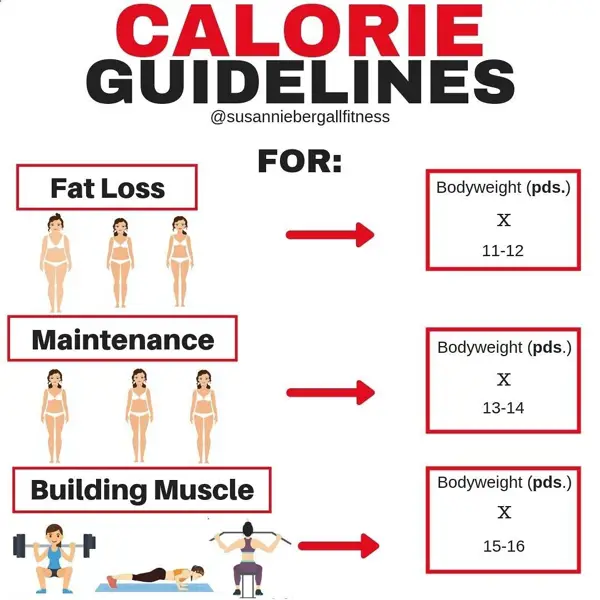
The Importance of Consistency
Consistency is key when it comes to weight gain. Adhering to a consistent calorie surplus, regular exercise routine, and adequate sleep patterns can yield the best results. Patience and persistence are necessary for achieving healthy weight gain.
Gaining weight can be a challenging process, and one crucial factor to consider is calorie intake. Consistency in consuming the right amount of calories is vital for effective weight gain. Let's explore why:
1. Energy Surplus
In order to gain weight, you need to create an energy surplus by consuming more calories than your body burns. This surplus provides the necessary fuel to build muscle and increase overall body mass. However, consuming excessive calories can lead to unwanted fat gain. Hence, consistency in consuming the appropriate number of calories ensures a gradual and controlled weight gain process.
2. Balanced Nutrition
Consistent calorie intake helps ensure a balanced and nutritious diet. While it's essential to consume a surplus of calories, it's equally important to meet your body's nutritional needs. By maintaining consistency, you can plan your meals to include all essential nutrients, such as proteins, carbohydrates, healthy fats, vitamins, and minerals. This promotes healthy weight gain and supports overall well-being.
3. Body Adaptation
Consistency in calorie intake allows your body to adapt gradually to the increased energy consumption. Sudden changes in calorie intake can shock the body and lead to discomfort, digestive issues, or metabolic disturbances. By providing a consistent calorie surplus, your body can adapt and efficiently utilize the additional energy for muscle growth, enhancing physical performance, and supporting optimal health.
4. Monitoring Progress
Consistently tracking your calorie intake helps monitor your progress accurately. By maintaining a consistent calorie surplus, you can assess how your body is responding to the increased intake and make adjustments if necessary. This enables you to tailor your diet and calorie intake specifically for your weight gain goals, making your efforts more efficient and effective.
Remember, it's always important to consult with a healthcare professional or a registered dietitian who can provide personalized guidance on the appropriate number of calories for healthy weight gain based on your specific needs and goals.
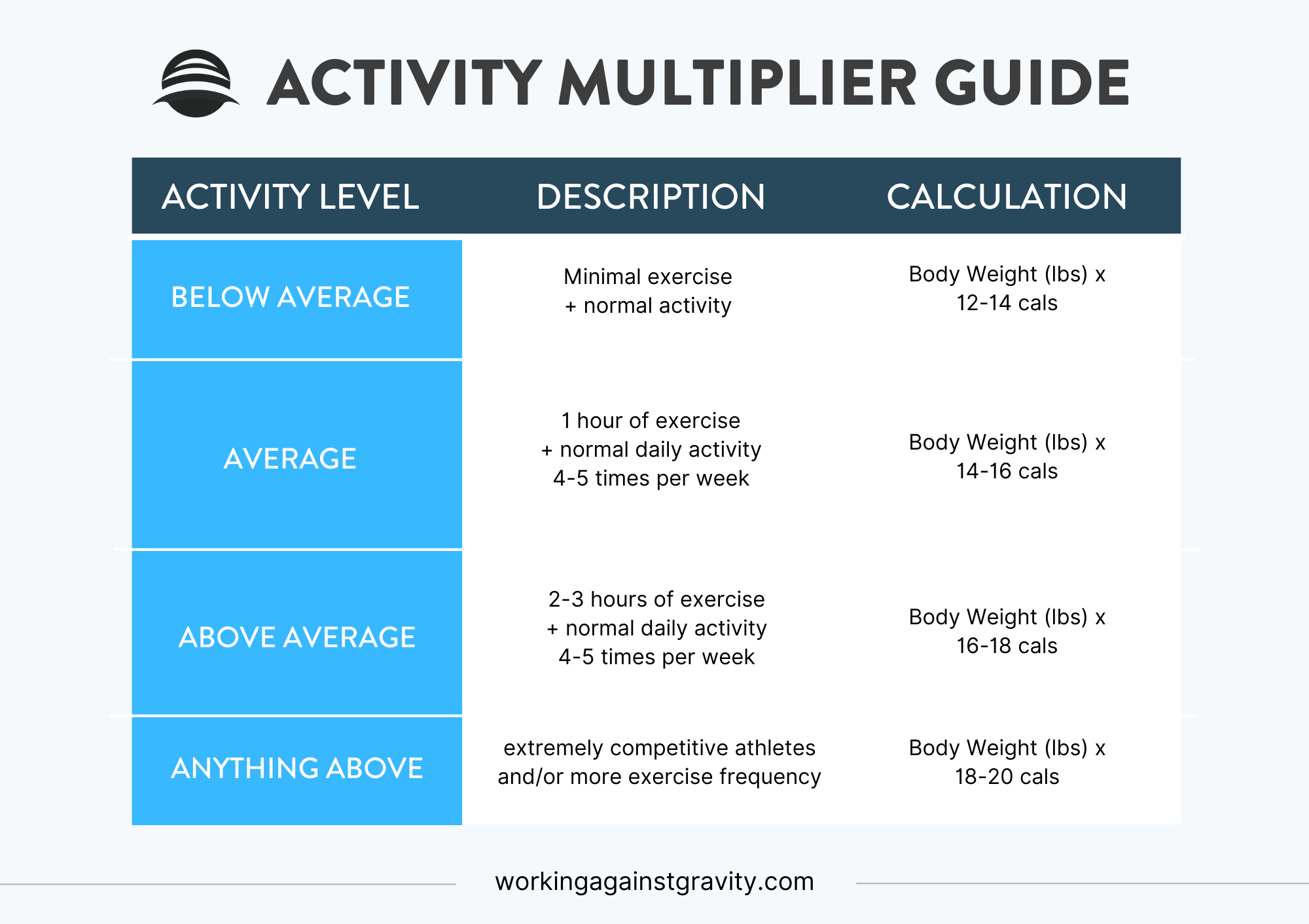
Key Takeaways
- Calorie intake is essential for weight gain.
- Assess your basal metabolic rate and activity level to determine your calorie requirements.
- A surplus of 250-500 calories per day above maintenance needs is recommended for healthy weight gain.
- Prioritize nutrient-dense foods for overall health.
- Optimize meal frequency and size to support muscle growth.
- Include strength training exercises to promote muscle hypertrophy.
- Consistency is crucial for successful weight gain.
Frequently Asked Questions
1. How long does it take to see results?
The time required to see noticeable results may vary among individuals. Generally, consistent effort for several weeks or months is required to observe significant changes in body weight and composition.
2. Can I gain weight by solely increasing my calorie intake?
Increasing calorie intake is important for weight gain, but it's also crucial to support it with proper exercise and nutrient-dense foods. Simply consuming excess calories without focusing on overall nutrition may lead to undesirable weight gain or negatively impact overall health.
3. Should I consult a healthcare professional before attempting weight gain?
If you have specific health concerns or conditions, it's advisable to consult a healthcare professional, such as a registered dietitian or a physician, before embarking on any weight gain journey.



Recent Comments